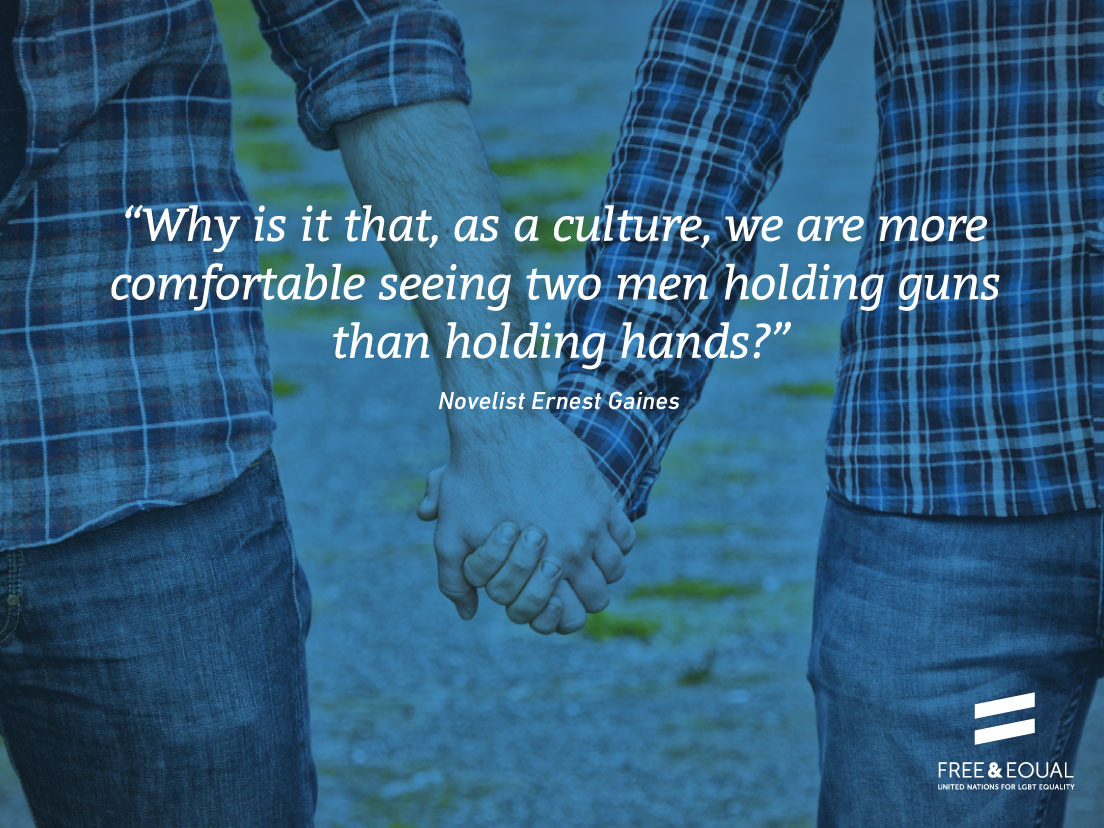 When my husband and I moved to Toronto for two years, something big happened. We noticed that it was a non-event when we walked down the street holding hands. No one gave a rat’s arse about our Public Displays of Affection (PDAs).
When my husband and I moved to Toronto for two years, something big happened. We noticed that it was a non-event when we walked down the street holding hands. No one gave a rat’s arse about our Public Displays of Affection (PDAs).
We’d come from Perth, Australia, where even sitting in the same car as each other had elicited calls of ‘faggot’ from the car next to us. Our level of PDAs in Australia had, therefore, been pretty stymied. Canada, however, was paradise. (That’s what you get when you’ve had marriage equality for more than 10 years.)
After two years, returning to Australia was hard. On the upshot, we’d grown relatively comfortable with PDAs and now often hold hands while out and about. And I have become less concerned about PDAs and who might be watching. In some ways it feels like a protest. That doesn’t mean, however, that I’m not wary and often let go of my husband’s hand, particularly when a group of young Aussie men are about. (Yes, stereotypes work both ways.)
What the research says about PDAs
My anxiety over what heterosexual people think about our PDAs is not without basis. A study conducted by GLAAD found that, in 2014, 36% of non-LGBT Americans were either “very uncomfortable” or “somewhat uncomfortable” at the sight of seeing a same-sex couple holding hands. Let me repeat that last bit: HOLDING HANDS.
Not kissing.
Not fondling.
HOLDING HANDS.
In 2015 this percentage decreased to 29%. While the decrease is good, that’s still more than a quarter of non-LGBT Americans.
Interestingly this was one of the highest areas of concern for some Americans, making them more uncomfortable than learning a family member is LGBT (27%), having LGBT members at your religious place of worship (22%) or seeing an LGBT co-worker’s wedding picture (26%).
Even more bizarre – though I’m sure this has a lot to do with the misconception that gay people are trying to brainwash or convert children – 29% of non-LGBT Americans were very/somewhat uncomfortable about learning their child’s teacher is LGBT. The “worst” of all was 37% of non-LGBT Americans were very/somewhat uncomfortable with learning my child had a lesson on LGBT history in their school. Apparently talking about Stonewall will lead to a whole bunch of kids becoming gay. (We are fucking fabulous after all.)
Something I think we can take away from this study, though, apart from a healthy dose of chagrin, is that attitudes and perceptions do change. And believe it or not, one of the strongest ways of doing this IS by LGBT people holding hands – and yes, dare I say it, kissing – in public.
Because if it’s visible, if everyone sees it, then they can learn to accept it and eventually it becomes nothing special except between the people who share it. I think that’s an ideal worth striving for. So next time, I’m going to hold my husband’s hand that little bit longer.

Leave a Reply